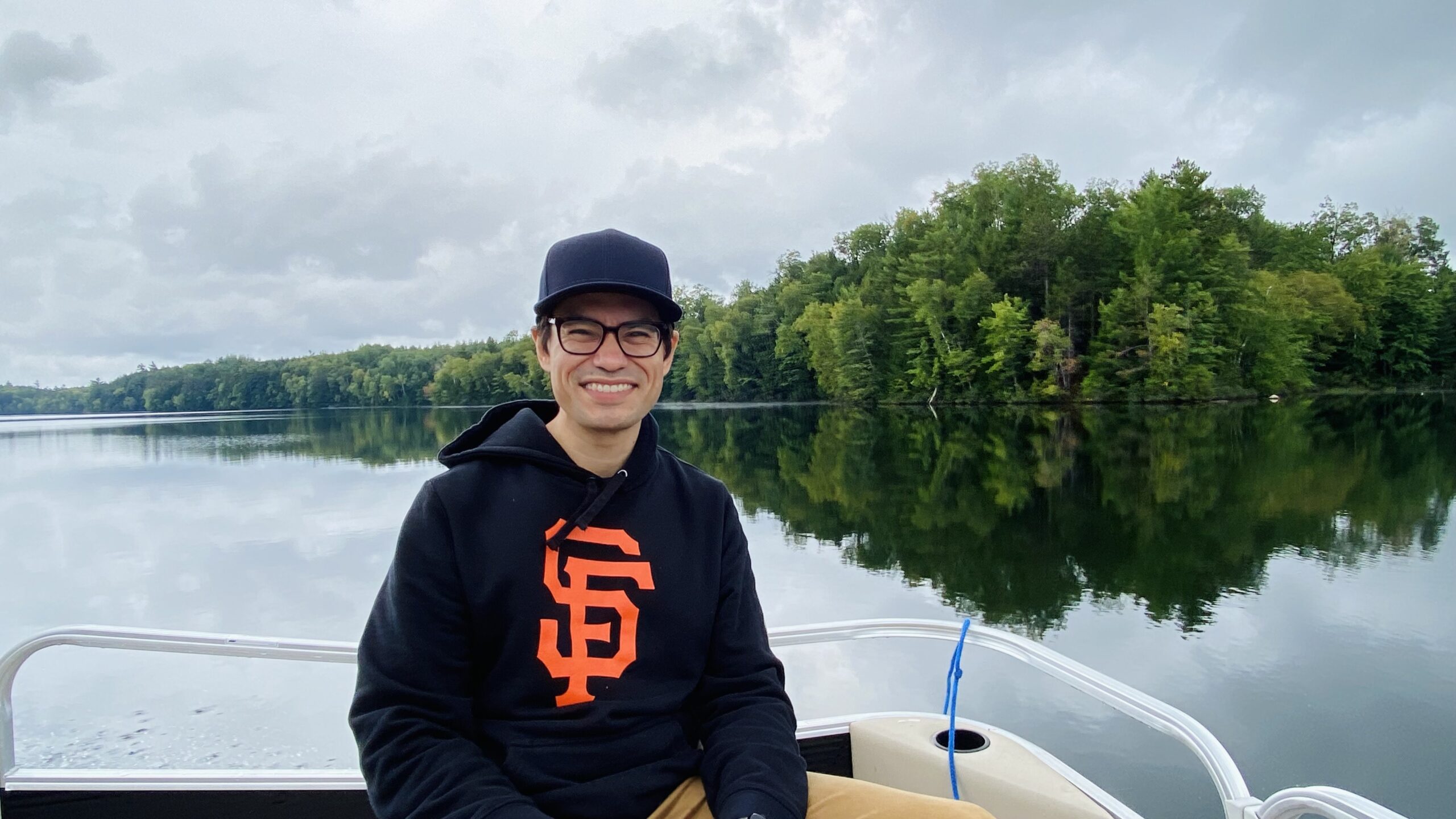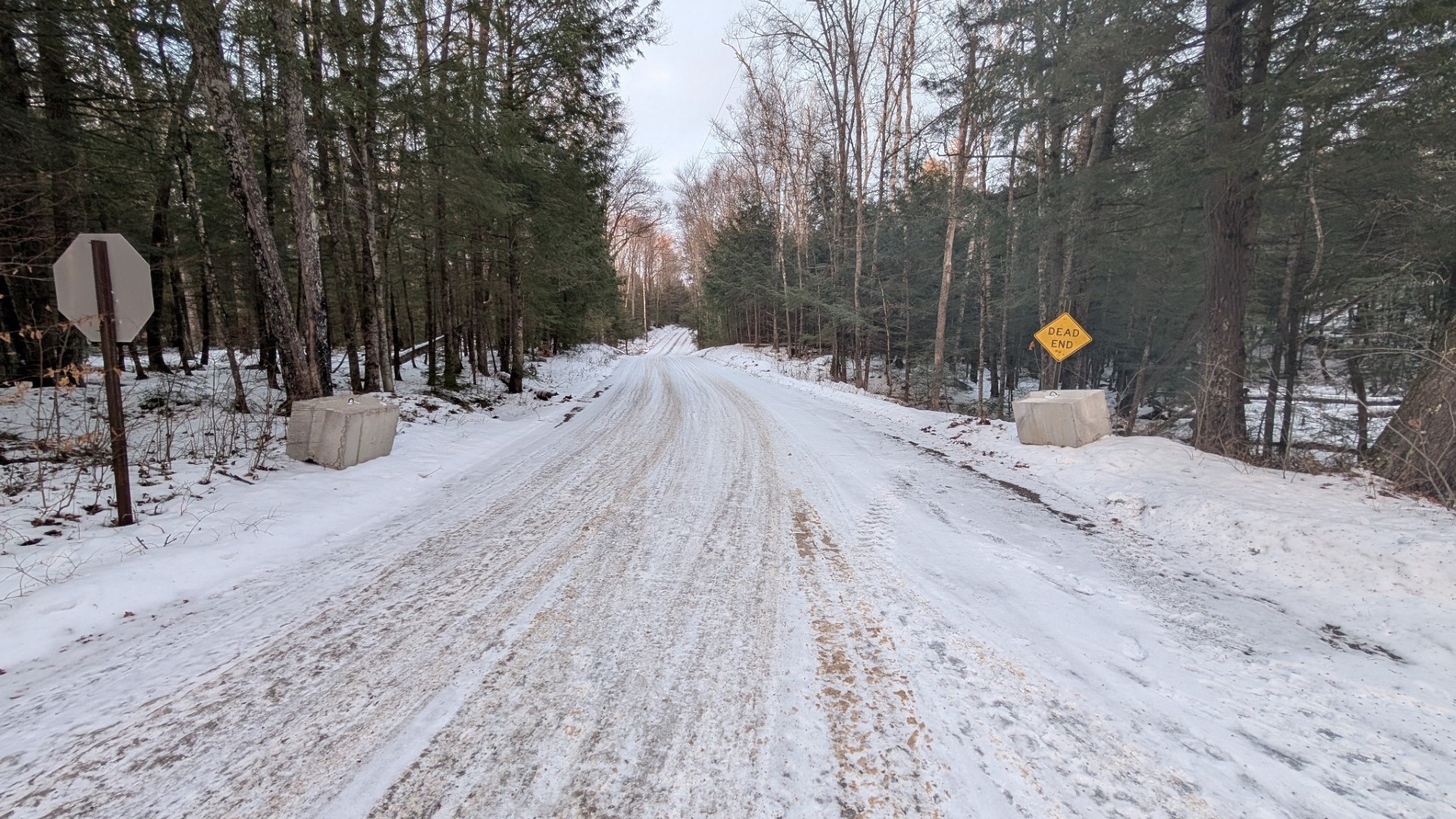In Jon Hickey’s debut novel “Big Chief,” members of a tribal community fight amongst themselves for political power in the days leading up to an especially tense election for tribal president.
The story takes place inside a fictional, tight-knit Anishinaabe tribe in Wisconsin’s Northwoods, called the Passage Rouge Nation. It’s inspired by real tribes in Minnesota and Wisconsin, particularly Hickey’s own tribal community: the Lac du Flambeau Band of Lake Superior Chippewa.
The book’s narrator is Mitch Caddo, a young law school graduate who runs the tribal government alongside his childhood friend and current tribal president Mack Beck. As the election draws near, Mitch and his opponents try to sway the voters of the Passage Rouge Nation — by any means necessary.
Stay connected to Wisconsin news — your way
Get trustworthy reporting and unique local stories from WPR delivered directly to your inbox.
In an interview with WPR’s “Wisconsin Today,” Hickey, a University of Wisconsin-Madison alum, said it wasn’t easy writing about the nuances of tribal politics, especially because it was inspired by his own tribal community. He was worried about how the book would be received — whether he was going to get called out for getting something “completely wrong.” Instead, people embraced the story.
“It’s been really great to have these people show up at the readings to tell me that they found something that they identified with, or that they were happy that this story had been written because they don’t see it otherwise,” Hickey said. “I think that that’s made me feel a little bit closer to the people [of Lac du Flambeau].”
Hickey discussed the themes and current issues he tackles in his new novel.

This interview has been edited for length and clarity.
Kate Archer Kent: One of the central themes of the book is belonging. You write about banishment, disenrollment and blood quantum — ways that tribes decide who gets to be a part of the community and who is rejected. How do you make this type of belonging a central tension of the book?
Jon Hickey: I was always writing about belonging in my previous short stories and novel attempts. When I came across tribal politics as a subject, this was the central place where identity and belonging is defined and codified in official terms. Blood quantum and enrollment is such a heated issue, and it cuts right to the bone, because it defines who you are and how you belong to a people. When I was doing my research and I was encountering these things about disenrollment and banishment, it struck me that this was as close as you can get to harming somebody’s sense of themselves.
KAK: Mitch Caddo is fresh out of law school, he runs this casino on the reservation and he’s also running this reelection campaign for his childhood friend, Mack. You label him in some parts of the book as the “J. Crew Indian.” Why does Mitch take on this job?
JH: In the beginning of the book, he’s doing a lot of the day-to-day, boring side of the governance work, while Mack gets to be a sort of figurehead, a symbol. And in that way, [Mitch] feels like this is his way of insinuating himself back into the community that he feels somewhat estranged by, because he is an outsider. He left the reservation. He is seen as somebody who is different for many reasons: visually, the way that he talks, the fact that he spent so much time away from Passage Rouge.

KAK: Is there a character you like the most in this book or a character who evolved and you now gravitate towards?
JH: Mack was one of the biggest surprises to me as I wrote these drafts, because he was not a central character in the very first draft of this. He started getting a little bit more time in scenes with each revision. At a certain point, I was realizing that, as the writer, I was calling him in to liven up the scene. And I was like, “Wow, this guy seems more like the main character here.” And of course, once I let him in a little bit, Mack just completely took over.
The more that I learned about him, the more I was just fascinated by how you have this character who is kind of a bomb thrower — he delights in trolling people a little bit. But he’s also got these very strong griefs that he hasn’t gotten over. And you realize that, to some extent, the things that he’s doing are meant to address these wounds that he’s carrying around.
KAK: You write about the cold and the snow, and that chronic shiver that follows Mitch Caddo throughout the book. There’s the contrast, though, with images of fire. What do those two elements mean thematically?
JH: We could draw some easy conclusions that the fire is the warmth of family and love, and the cold is the rejection of the same. Writing from such a distance [in San Francisco], a lot of this for me was re-experiencing what it felt like to live in a place like Wisconsin or Minnesota, up north. And dealing with a subject that has a lot of extremes — political extremes, extremes of violence — I was drawn to these descriptions of extreme cold and extreme heat.





